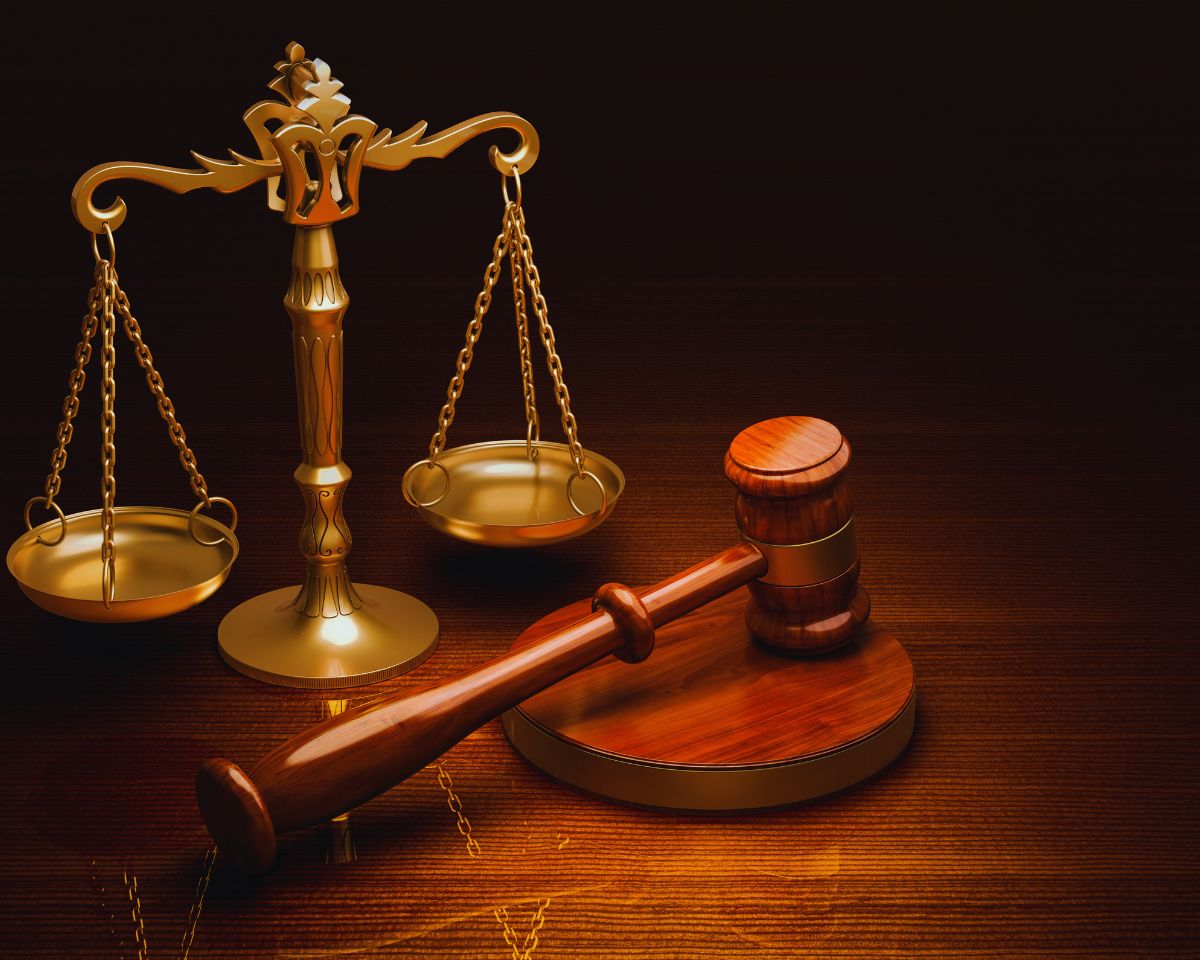When a minor is placed on probation in California after a criminal offense, it’s a second chance — an opportunity to avoid more serious consequences like time in juvenile detention. However, violating the terms of juvenile probation can have serious consequences. This guide explains what happens when a juvenile breaks probation in California, what types of violations exist, how courts respond, and what the long-term implications may be for a minor and their family.
What Is Juvenile Probation in California?
In California, juvenile probation is a court-ordered supervision program for minors (under age 18) who have been found guilty of committing a criminal offense. It allows minors to remain at home or in the community under specific rules instead of being placed in a juvenile detention facility. The goal is rehabilitation rather than punishment.
Juvenile probation is handled through the California Juvenile Court system, and each county has a probation department overseeing compliance.
Common Conditions of Juvenile Probation
Conditions vary based on the case, but here are common requirements imposed by the court:
-
Regular check-ins with a probation officer
-
School attendance and maintaining good grades
-
Curfew enforcement
-
Drug and alcohol testing
-
Community service
-
Counseling or therapy
-
No contact orders (e.g., with victims or gang members)
-
Restitution payments to victims
Types of Juvenile Probation Violations
Violations can be categorized as either technical or new-law violations:
Technical Violations
These involve breaking the rules of probation without committing a new crime. Examples include:
-
Missing a probation appointment
-
Failing a drug test
-
Skipping school
-
Staying out past curfew
New-Law Violations
These occur when the juvenile commits a new criminal offense while on probation. This can result in both new charges and consequences for the probation violation.
Legal Process After a Probation Violation
If a juvenile is suspected of violating probation, the process usually follows these steps:
-
Violation Report: The probation officer files a report with the juvenile court.
-
Detention Hearing: The court may hold a hearing to determine if the juvenile should be detained.
-
Probation Violation Hearing (Adjudication Hearing): This is similar to a trial. The judge reviews evidence and determines whether a violation occurred.
-
Disposition (Sentencing): If a violation is found, the court will decide on appropriate consequences.
Note: Unlike adult court, the standard of proof in juvenile probation hearings is often “preponderance of the evidence” (not “beyond a reasonable doubt”), which is a lower threshold.
Possible Consequences of a Probation Violation
The penalties for violating juvenile probation in California vary depending on the severity and circumstances of the violation. Common consequences include:
Stricter Probation Terms
-
Extended probation length
-
Increased check-in frequency
-
Additional counseling or therapy
Juvenile Hall Detention
The juvenile may be ordered to serve time in a juvenile detention facility for a short or extended period.
Electronic Monitoring or House Arrest
GPS tracking and curfews strictly enforced with ankle monitors.
Commitment to a Juvenile Camp or Ranch
These are residential rehabilitation programs that last weeks or months and offer structure and education.
Commitment to the Division of Juvenile Justice (DJJ)
For serious or repeated violations, a minor may be sent to DJJ (California’s version of juvenile prison), especially if the violation involves a serious new crime.
Fines or Restitution
Additional financial penalties may be imposed.
Expulsion from School
If the violation involved drugs, violence, or weapons on school grounds.
Defending Against a Probation Violation
Minors have the right to due process, even in juvenile court. A defense attorney or public defender can challenge the accusation of a violation by:
-
Arguing that the probation terms were unclear
-
Showing that the juvenile made progress in other areas
-
Demonstrating mitigating circumstances (e.g., mental health issues, family challenges)
-
Questioning the validity of drug tests or reports
How to Prevent a Juvenile Probation Violation
The best way to avoid a violation is to be proactive:
-
Understand all probation terms thoroughly
-
Communicate openly with the probation officer
-
Keep a calendar of court dates, curfews, and requirements
-
Engage in therapy or community programs when needed
-
Work with family and school staff to stay on track
Conclusion
Juvenile probation in California is intended to be rehabilitative, not punitive — but violations of probation terms can have serious and lasting consequences. Whether the violation is technical or criminal, the court evaluates each situation carefully and considers both accountability and the best interests of the minor. If your child or a loved one is facing a juvenile probation violation in California, don’t wait to get experienced legal help.
Frequently Asked Questions
Can parents be held responsible for a juvenile’s probation violation?
Not directly, but they may be involved in court proceedings and required to participate in counseling or parenting classes.
Can a minor go to jail for violating probation?
Minors don’t go to adult jail, but they can be sent to juvenile hall or committed to a juvenile facility.
Does a probation violation affect the minor’s record?
Yes. Violations may be considered during future legal proceedings, and while juvenile records are sealed in many cases, some violations can affect school and employment opportunities if the record is not sealed.
Can probation be revoked completely?
Yes. The court can revoke probation and impose a harsher sentence if the violation is severe.





